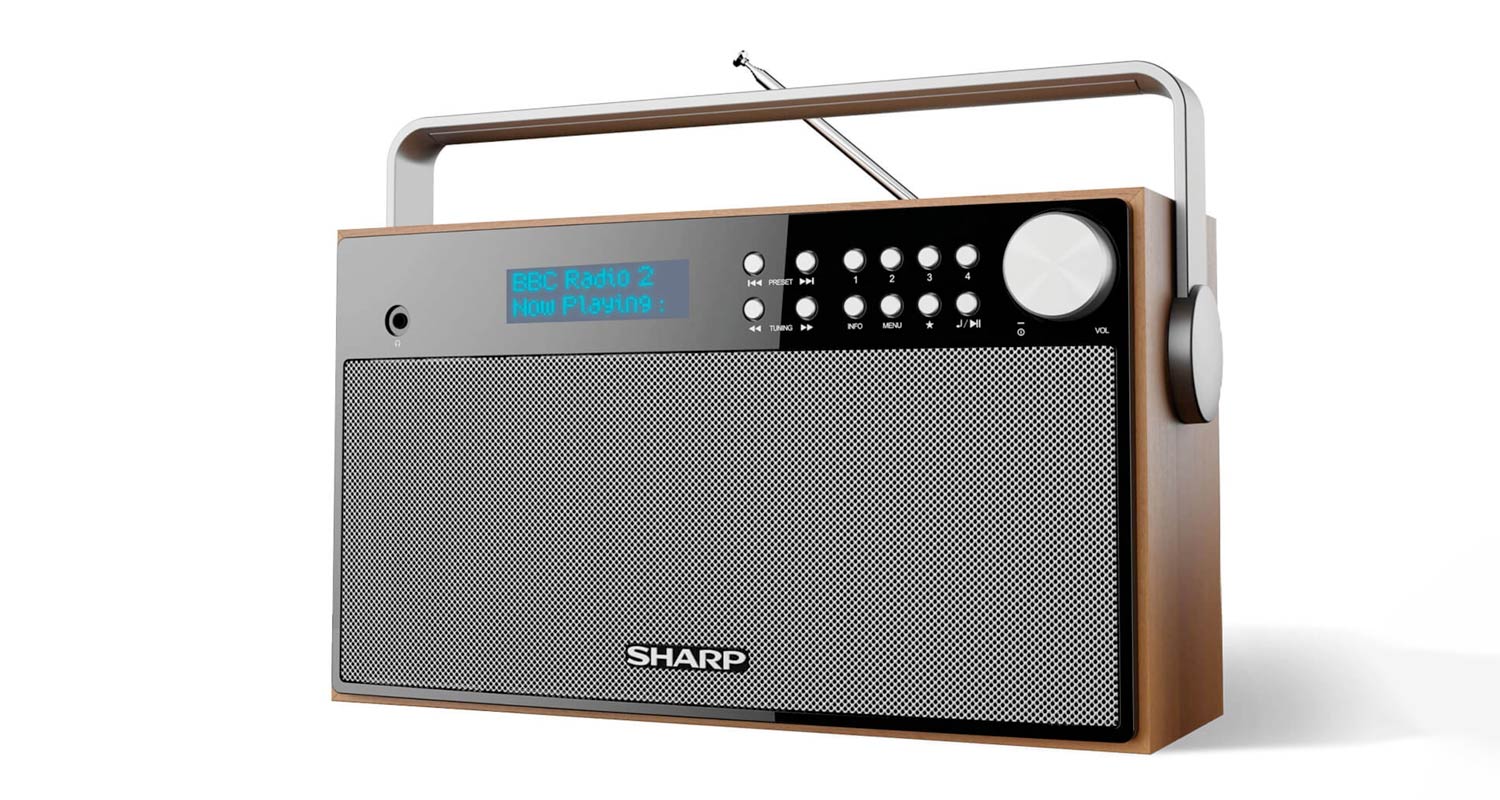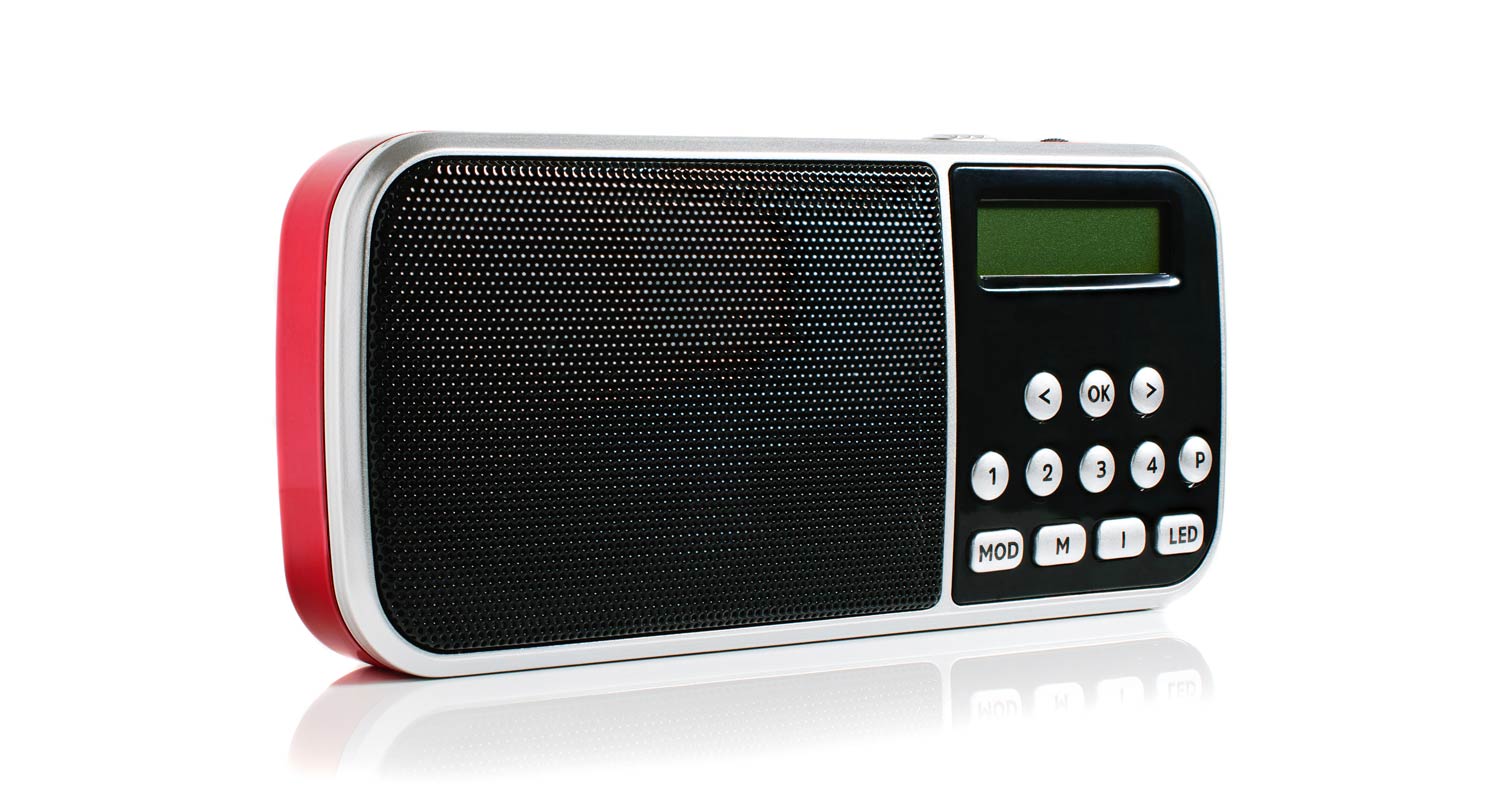 Plans to introduce digital radio in South Africa appear to have fizzled out.
Plans to introduce digital radio in South Africa appear to have fizzled out.
Digital Audio Broadcasting, or DAB, is a digital radio standard used in many countries around the world and is regarded as a direct replacement to the analogue FM dial.
It was initiated as a European research project in the 1980s, with the Norwegian Broadcasting Corporation launching the first DAB channel in the world on 1 June 1995.
In 2017, Norway completely switched off national FM services, with 99.7% of the population now having access to DAB+ radio signals (an upgrade DAB that is more robust and efficient). Six million receivers have been sold to date in Norway, and all new cars have DAB+ fitted as standard.
While DAB and DAB+ are widespread in some European countries and in Australia, it has failed to take off in others. Ireland and Canada, for instance, are major broadcasting markets where DAB has also stalled.
Mark Williams, a veteran of South Africa’s broadcasting industry, does not hold out much hope for DAB’s commercial introduction here. He said he has it in his car and his reception of trial DAB+ channels has been “brilliant”; but he said efforts to have it approved commercially “have been going on since 1997 and I’m starting to give up” on it.
“It’s not that attractive anymore. My honest thinking is that DRM is the way to go as it does not have the restrictions that DAB has in this country.”
Digital radio
Digital Radio Mondiale, or DRM, is a set of digital audio broadcasting technologies designed to work over the bands currently used for analogue radio broadcasting, with the core difference between DRM and DAB being that DRM (and DRM+) fits with the current band-II channelisation (100kHz bandwidth), whereas DAB is a multiplex solution requiring roughly 1 500kHz of bandwidth for the transmission signal.
Chairman of the DRM SA Consortium Aldred Dreyer agreed that South Africa “has taken a long time to take a country position on DAB, and the way to go now might be to embrace DRM instead”.
“As a community broadcaster, you can apply for a licence and share it or have two other programmes on that transmitter, which is a benefit for small broadcasters,” he said.
Read: 100 years of radio in South Africa – and still going strong
In 2020, then-minister of communications Stella Ndabeni-Abrahams issued a policy directive to the regulator, Icasa, allowing for the licensing of digital sound broadcasting. In April 2021, Icasa published a new framework for the licensing of digital radio, allowing for “a phased approach”: phase one in the primary markets and phase two in the secondary markets.
Icasa said it would launch a call for tenders to determine spectrum allocation and consider applicants without existing broadcasting licences, but the process seems to have ground to a halt. Most people with expert knowledge of digital radio agree that “nothing is happening”, said Williams.
 A DAB trial has been running in the Gauteng area for 10 years, under the auspices of the National Association of Broadcasters (NAB) and the Southern African Digital Broadcasting Association (Sadiba). There’s also been a DAB+ trial in Cape Town. Broadcasting consultant Dave Cherry, a member of the digital sound broadcasting technical advisory group, whose job is to advise on technical matters relating to the roll-out of digital broadcasting, said the group meets regularly and is trying to “get regulations through, but it’s a stop/start process”.
A DAB trial has been running in the Gauteng area for 10 years, under the auspices of the National Association of Broadcasters (NAB) and the Southern African Digital Broadcasting Association (Sadiba). There’s also been a DAB+ trial in Cape Town. Broadcasting consultant Dave Cherry, a member of the digital sound broadcasting technical advisory group, whose job is to advise on technical matters relating to the roll-out of digital broadcasting, said the group meets regularly and is trying to “get regulations through, but it’s a stop/start process”.
“The government says that by the end of 2024, band 3 will be free, but in between there’s an election and in our experience elections often delay things,” he said. “But there’s no doubt in my mind that DAB is just a better method of delivery. It’s economical and green and only needs 10kW transmitters. It offers big savings and benefits, especially in big cities where you can have all your services on one transmitter. When it comes to the actual cost of operations, there is no doubt that DAB costs much less than AM and FM radio.”
While AM uses the longer wavelengths in the medium wave bands, allowing the signal to travel further, the band suffers from interference, particularly in dense urban environments. FM broadcasts on VHF band 2 (88-108MHz), a higher frequency offering improved sound quality to AM, but the band is subject to multipath interference and is congested so it limits the ability for radio to expand or offer new features and functionality. DAB is generally more efficient than FM radio in its use of spectrum and can offer more radio services for the same given bandwidth.
Said Cherry: “Digital audio is about spectrum efficiency and greener technologies. It is about providing more choice and more services to the public and, although there have been considerable delays on the regulatory front, Icasa has already indicated that both standards (DRM and DAB+) are viable, and they have been supportive of the DAB+ trial process with its industry-wide participation of Sentech, the SABC, and a range of commercial and community radio services.”
He said DAB is not as “frequency hungry” as FM, and if supplemented by gap fillers, all services would be available, even on national roads. However, he, too, said “nothing is happening”.
“It’s different for the cellular firms – they are allocated spectrum and they buy it and develop it. But it’s different for broadcasting, which is tightly regulated by Icasa, and where there’s so much red tape,” he said.
Read: Digital radio in SA could be stillborn, Primedia warns
Asked for comment of the status of the roll-out of commercial digital radio services in South Africa, Icasa said the “process remains active”.
“Following the minister’s policy direction on 23 April 2021, Icasa published the digital sound broadcasting regulations (Government Gazette, no 44469). These regulations are in force and aim to set out the framework for the introduction of digital sound broadcasting services and prescribe the procedure for an applicant seeking to provide [these] services.” – © 2024 NewsCentral Media

